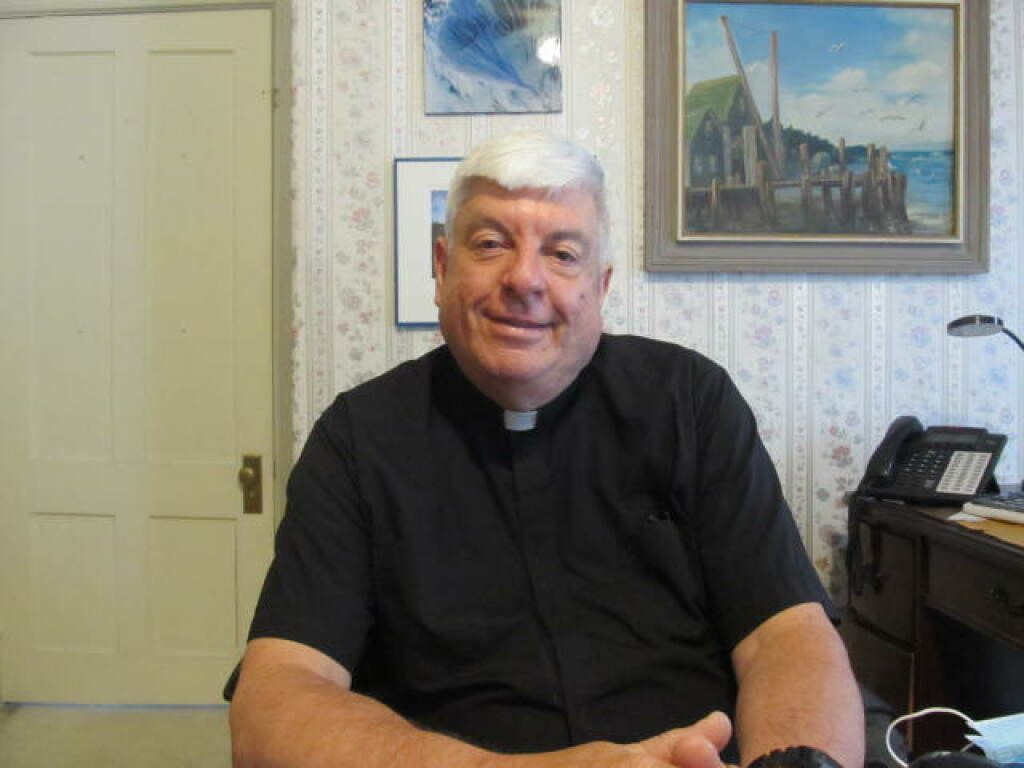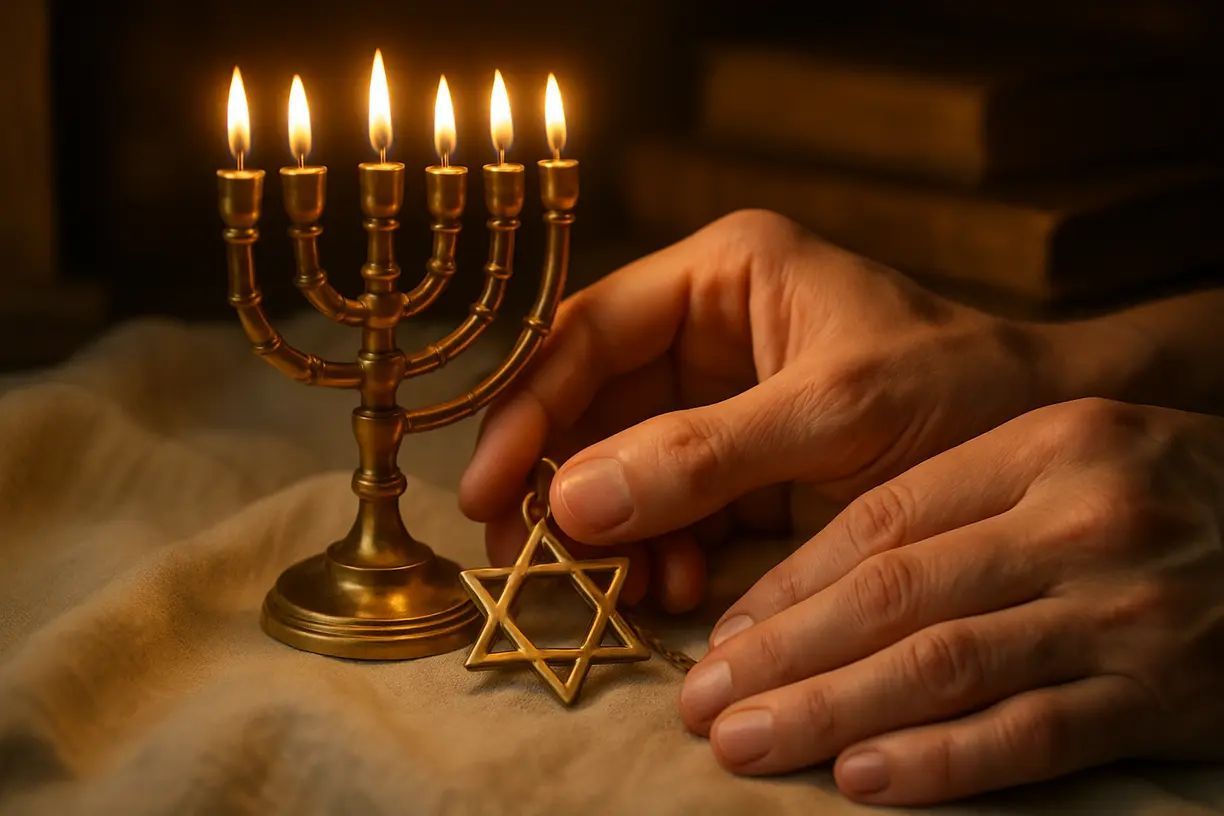 God’s Banquet
God’s Banquet
Homily for the Twenty-Eighth Sunday in Ordinary Time
October 11, 2020
In today’s Gospel reading Jesus tells a story about a King who gives a wedding banquet in honor of his son. Unfortunately, some refuse to come, while others have excuses that, basically they’re too busy. But those on the margins of life, those left out or forgotten, hear the message, and experience God’s love, healing and justice. The wedding banquet is realized in our presence today through the Eucharist and serves as a foretaste of our ultimate, everlasting joy in heaven, where there will be no more sorrow, tears, pain or death.
I want to share a story to help us understand today’s gospel. It’s a story about a town with four neighborhoods.
- The first neighborhood is called “Yabuts.” The people who live there think they know what needs to be done. As a matter of fact, they talk about it quite convincingly-up to a point. When told they have the opportunity to do something, the conversation goes something like “Ya…but….” The “Yabuts” have the answer. It just happens to be the wrong answer.
- The next neighborhood is known as the “Gunnados.” Now they are some of the best-intentioned folks you could ever meet. They really understand what needs to be done, and they would have done it, if they had only followed through. They study everything that is required very carefully, and just as an opportunity drifts past them, they realize what they were “gunnado.” If only they had done what they were “gunnado.”
- Another neighborhood is known as the “Wishawoodas.” These people have an excellent perspective on life—hindsight. They say “I wishawooda this” or “I wishawooda that…” They know everything that should be done, only it’s after the fact.
- The last neighborhood is the “Gladidids.” They are a truly special group of people. The “Wishawoodas” drive by their homes and admire them. The “Gunados” want to join them, but just cannot get around to it. The “Yabuts” could have been “Gladidids,” but destiny just didn’t smile on them. The “Gladidids” have the wisdom and the discipline to do what they should do.Now, let’s take a look at the gospel. First, it says right at the start that it is addressed to the leaders, in this case, “the chief priests and the elders of the people.” So, they represent the first group invited to the banquet, the first group Jesus invites by his preaching and teaching. But they simply do not listen and flat-out “refuse to come”.So then, there’s a second invitation, and this is where we find the “Yabuts”, the “Gunados”, and the “Wishawoodas”. They all have an excuse not to go to the wedding of the king’s son (not a smart move on their part): some went away, one to his farm, another to his business. Now, we are told that some of the king’s servants who bring the invitation are mistreated, or even killed. I believe Jesus here is referring to all the prophets who, throughout history, tried to warn the people when they had gone astray, done evil and forgotten about God. A lot of them were, in fact, beaten up and even killed.But the king doesn’t give up. He tells his servants to go, kind of helter-skelter, “into the main roads and invite to the feast whomever you find.” And this is basically what Jesus has been doing—going out to the margins of society, to the poor, the despised, the neglected, the cast aside, and even the sinful. These are the ones who respond positively to Jesus’ preaching and teaching, with no excuses. They, after having been cast aside or neglected all their lives, are grateful for the invitation and join the feast in the Kingdom. These are the “Gladidids”.The wedding banquet, the great feast, has great symbolic importance, as we found in our first reading from Isaiah. It stands for the time of the Messiah, the Savior, who will gather all the world’s peoples together in a meal of great rejoicing, rich foods and choice wines. And, very importantly, it will be that great Day when God will “wipe away the tears from every face,” that day when he will “destroy death forever.” Well that Day has started. It started some two thousand years ago when God’s Son, Jesus, kept reaching out wider and wider, bringing hope to people, restoring their dignity, healing their infirmities, breaking down walls between groups, raising people from the dead—truly wiping away the tears. And then after he himself was crucified by those who rejected him in the first place, by rising from the dead, he “destroyed death forever.”And now, God the King has the great pleasure of inviting us to a banquet in honor of his Son—a banquet which is the foretaste of what is waiting for us. A banquet that is the promise of no more rejection, no more needless suffering, no more injustice, no more tears. A banquet that feeds us for the journey, gives us hope, and strengthens us, so that we now can, in Jesus’ name, do the same thing he did: invite people in, respect their dignity, feed their hunger, provide some hope, love them as brothers and sisters, bind up their wounds and dry their tears. God wants the feasting hall to be filled with guests. The invitation is always there. And, if we’re among the “Gladidids,” we need to let others know what they’re missing.




